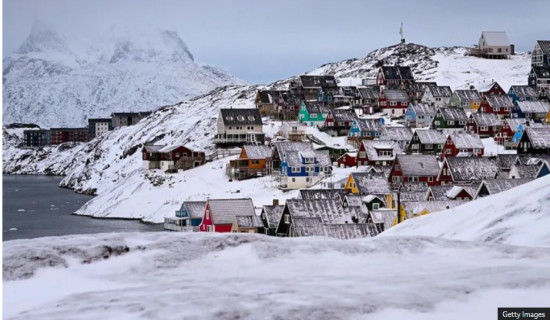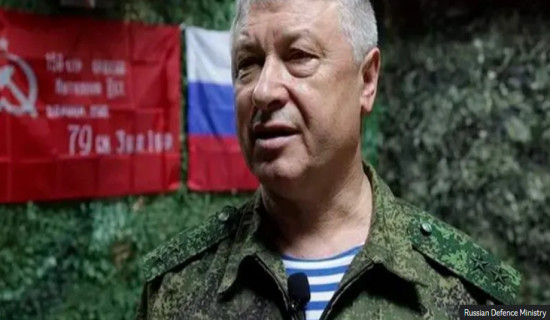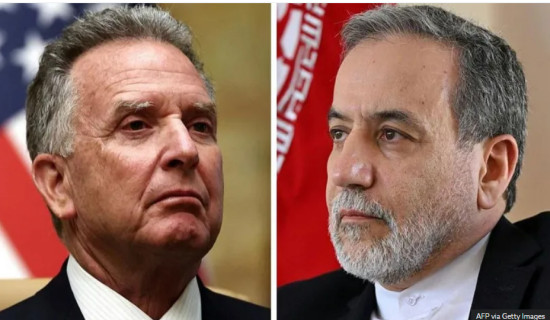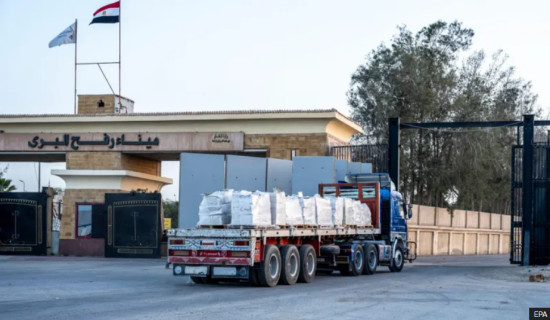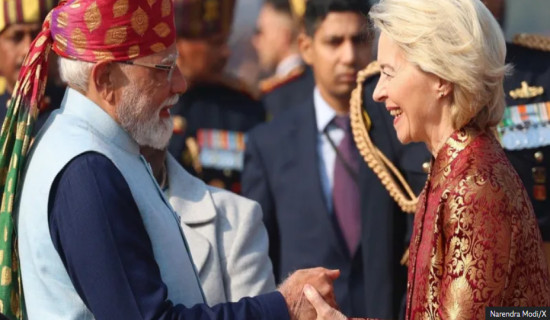- Sunday, 1 March 2026
Historic ocean treaty agreed after decade of talks
By Esme Stallard, Mar. 5: Nations have reached a historic agreement to protect the world's oceans following 10 years of negotiations.
The High Seas Treaty places 30% of the seas into protected areas by 2030, aiming to safeguard and recuperate marine nature.
The agreement was reached on Saturday evening, after 38 hours of talks, at UN headquarters in New York.
The negotiations had been held up for years over disagreements on funding and fishing rights.
The last international agreement on ocean protection was signed 40 years ago in 1982 - the UN Convention on the Law of the Sea.
That agreement established an area called the high seas - international waters where all countries have a right to fish, ship and do research - but only 1.2% of these waters are protected.
Marine life living outside of these protected areas has been at risk from climate change, overfishing and shipping traffic.
In the latest assessment of global marine species, nearly 10% were found to be at risk of extinction, according to the International Union for Conservation of Nature (IUCN).
These new protected areas, established in the treaty, will put limits on how much fishing can take place, the routes of shipping lanes and exploration activities like deep sea mining - when minerals are taken from a sea bed 200m or more below the surface.
Environmental groups have been concerned that mining processes could disturb animal breeding grounds, create noise pollution and be toxic to marine life.
The International Seabed Authority that oversees licensing told the BBC that moving forward "any future activity in the deep seabed will be subject to strict environmental regulations and oversight to ensure that they are carried out sustainably and responsibly".
Rena Lee, UN Ambassador for Oceans, brought down the gavel after two weeks of negotiations that at times threatened to unravel.
Minna Epps, director of the IUCN Ocean team, said the main issue was over the sharing of marine genetic resources.
Marine genetic resources are biological material from plants and animals in the ocean that can have benefits for society, such as pharmaceuticals, industrial processes and food.
Richer nations currently have the resources and funding to explore the deep ocean but poorer nations wanted to ensure any benefits they find are shared equally.
Dr Robert Blasiak, the ocean researcher at Stockholm University, said the challenge was that no one knows how much ocean resources are worth and therefore how they could be split.
He said: "If you imagine a big, high-definition, widescreen TV, and if only like three or four of the pixels on that giant screen are working, that's our knowledge of the deep ocean. So we've recorded about 230,000 species in the ocean, but it's estimated that there are over two million."
Laura Meller, an oceans campaigner for Greenpeace Nordic, commended countries for "putting aside differences and delivering a treaty that will let us protect the oceans, build our resilience to climate change and safeguard the lives and livelihoods of billions of people"
"This is a historic day for conservation and a sign that in a divided world, protecting nature and people can triumph over geopolitics," she added.
Countries will need to meet again to formally adopt the agreement and then have plenty of work to do before the treaty can be implemented.
Liz Karan, director of the Pews Trust ocean governance team, told the BBC: "It will take some time to take effect. Countries have to ratify it [legally adopt it] for it to enter force. Then there are a lot of institutional bodies like the Science and Technical Committee that have to get set up."

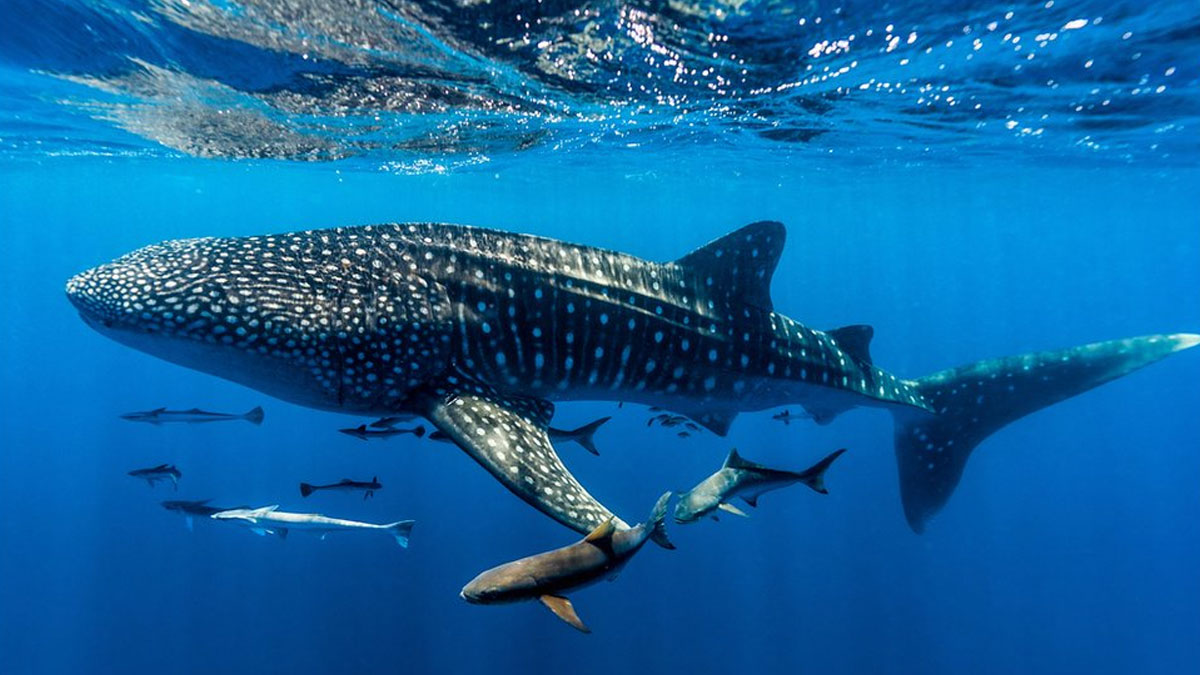



-square-thumb.jpg)





